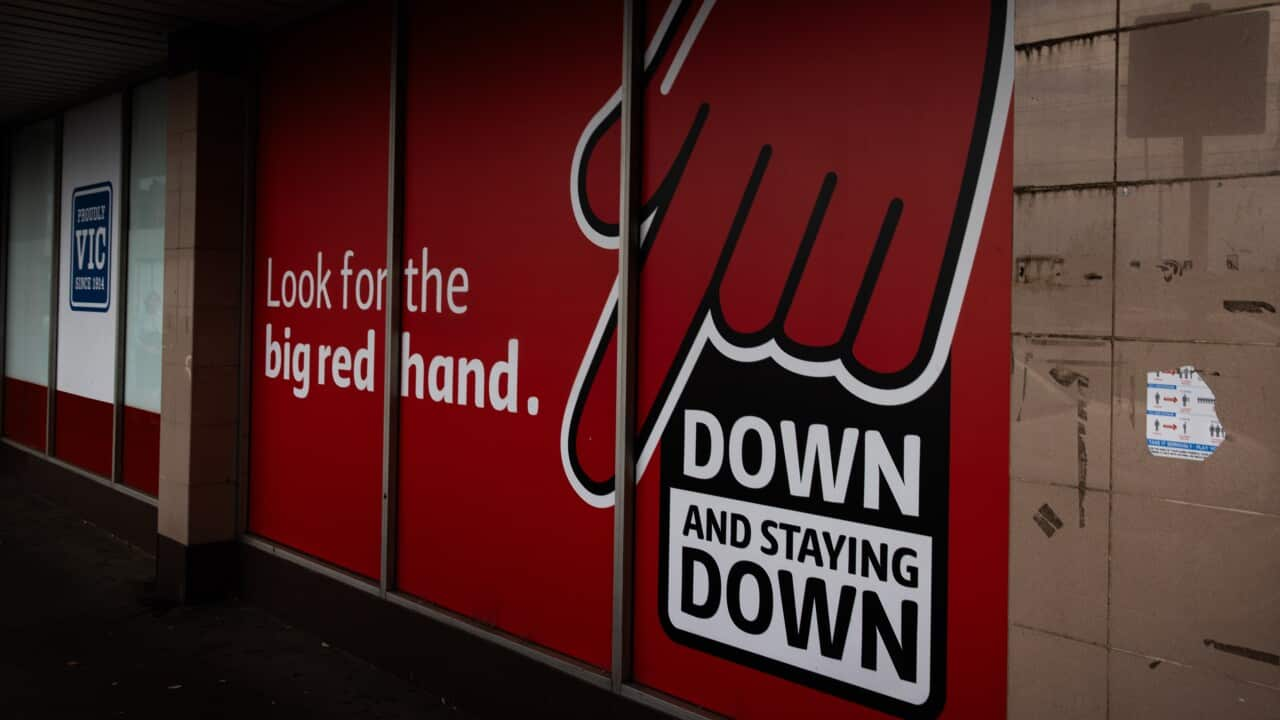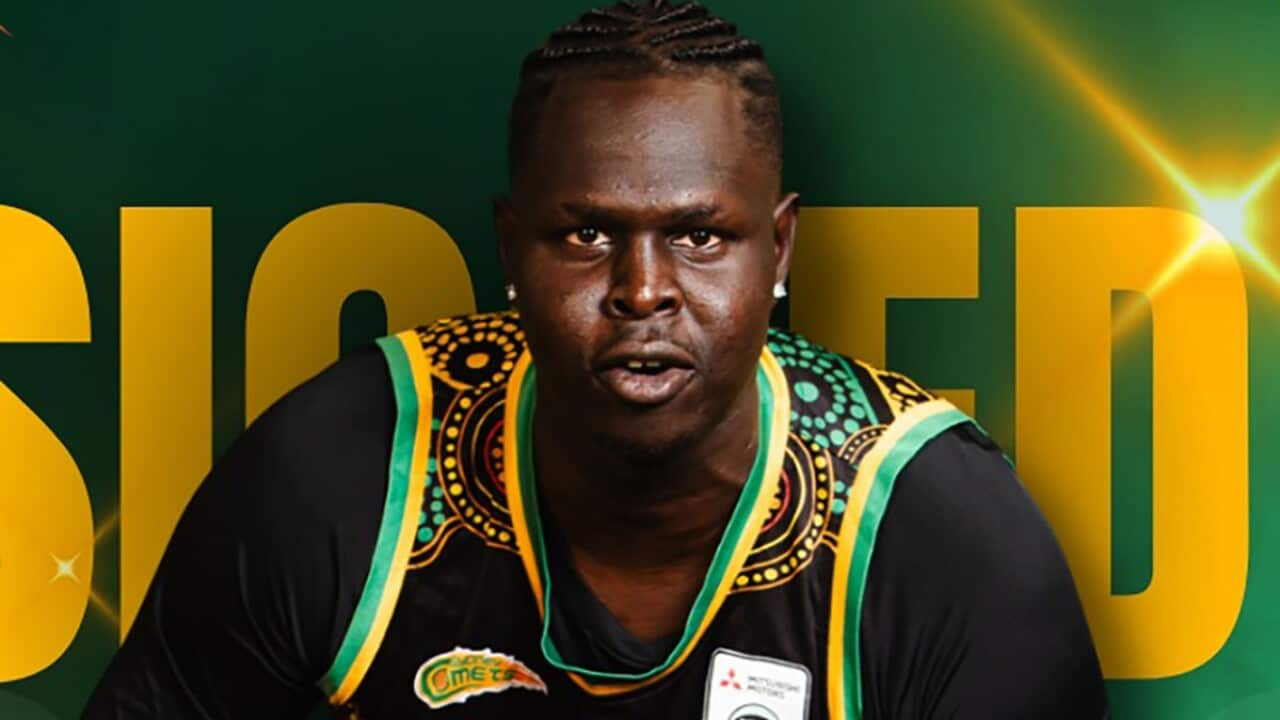Take it easy — you’ve probably heard people say it. Literally, it sounds like you’re going to take something gently in your hands.
Nyiaai ke puɔlic — yïn aca dhiɛ̈l käŋ piŋ ke ye kɔc lueel. Wɛt de yic, ee rot pïŋ lɔn nada yïn abi kedɛ̈ɛ̈ŋ nyiaai ke puɔ̈lic ciɛnku yiic.
We often use it to tell someone to relax or calm down, particularly if they look stressed.
Aye ku laac luöi ku buk lɛk raandɛt bi rot päl piny wala päl ye guöppiny, tɛ wën ye ɣok yeen tïŋ ke ci nhom dɔm.
So, for example, if someone is upset because they can’t find their keys, you could say:
Tɛ̈në, cimën, na ci raandɛt puöu daak erin këc kek muktääu ken yiök, Ka lëu ba lueel:
- Take it easy. I’m sure we’ll find them. I’ll help you look for them.
- Nyiaai ke puɔlic. Ɣɛn aŋic aa buk keek yiök. Yin aa aba kuɔɔny buk keek tïïŋ.
Or if someone is angry because their work colleague has forgotten to do something you could say,
Wala na ye kewën ci raandɛt puou daak erin den luui keek aci nhom määr bi kedɛ̈ŋ looi ka leu ku ba lueel,
- Take it easy. I’m sure they’ll do it tomorrow.
- Nyiaai ke puɔlic. Ɣɛn aŋic keek aa bïk looi nhiääk.
It can have the added meaning of ‘don’t work too hard’, especially if someone is doing too much or has been ill. For example, if your friend is rushing to finish a job, you could say:
Yen aleu bi nɔŋ wɛt den dɛt ci maatthin 'duk luui apɛidittet', tɛwën ye raan dɛt luui apɛidittet wala ci tuääny. Cimënë, naye määth du luɔi yiöŋ ku bi laau thööl, yin aleu ku ba lueel:
- Take it easy! There’s no rush.
- Nyiaai ke puɔ̈l yic! Acïn ke yiɔ̈ɔ̈ŋ yïn.
Or let’s say your colleague has had a very hard week, as she is leaving the office on a Friday afternoon, you might say:
Wala lueel ku raan luui wëk aci näŋ wïk tök apɛi, kaam wën bi yen lɔ ke jɛ̈ɛ̈l maktap yic yom Jima taäŋaköl, yïn aleu ku ba lueel:
- Take it easy this weekend. You deserve it!
- Nyiääi ke puölïc ee thöök wïk këne yic. Yen ee kë wïc apɛi!
Or if someone is recovering from an illness:
Wala naye ke cï raandɛt latuëŋ ke jɔ̈l ɣɔ̈ɔ̈r ee thuäänyic:
- Take it easy for the next few days and get some rest.
- Nyiaai ke puɔ̈lic tɛ̈n niin kɔk bï bɛn ku looi ba ŋiëëc lööŋ.
It can also be a friendly way of saying goodbye when someone is leaving.
Yen alëu aya ku bi luöi ke ye dhël määth ku bi yïn raan tɔ̈ɔ̈ŋ tɛ leŋ yen raandɛt jɛ̈l.
- See you tomorrow. Take it easy!
- Ɣok abi bɛn yiök nhiääk, nyiaai ke puɔlic!
Sometimes it just means to do not very much:
kaamdɛt yic wɛtde yic ee ku ba cïn ke dit looi:
- My dog takes it easy all day—just sleeps in the sun.
- Jiɔ̈ɔ̈ŋ die aye lom ke puɔlic akol thok eben—ke ye niin looi akolic.
Remember, learning English doesn’t have to be stressful. Take it easy—one phrase at a time.
Taakic, piööc thööŋ matuɔŋdit aci wïc bi näŋ ke dɔɔm kɔc nhiim thin. Nyiaai ke puɔlic—wɛt tök ee kaam tokic.
Explore the entire series Words we use by clicking here to listen!
Caath keriëëc eben ka bïööth ke ciök Wël yeku luöi erin ku ba thuääny yic tɛn ku ba pïŋ!
This episode is available on Spotify and Apple Podcasts.
Credits:
Host: Akuar Dut Malek
Written by: Josipa Kosanovic
Graphic design: Dorry Wang
Educational consultant: Professor Lynda Yates
Produced by: Josipa Kosanovic, Akuar Dut Malek





